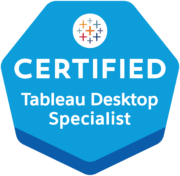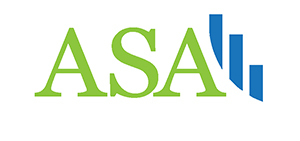Data Science & Big Data
Even if you don’t work in a traditionally data-driven industry, you’ve likely heard the term “Data Science” and/or the term “Big Data” over the past few years.
It’s not surprising that you have; the hype surrounding Data Science and Big Data encompasses nearly every industry nowadays.
But what do we mean when we refer to “Data Science”?
What do we mean when we refer to “Big Data”?
And how can these emerging fields help your organization, even if you don’t identify as being especially data-savvy?
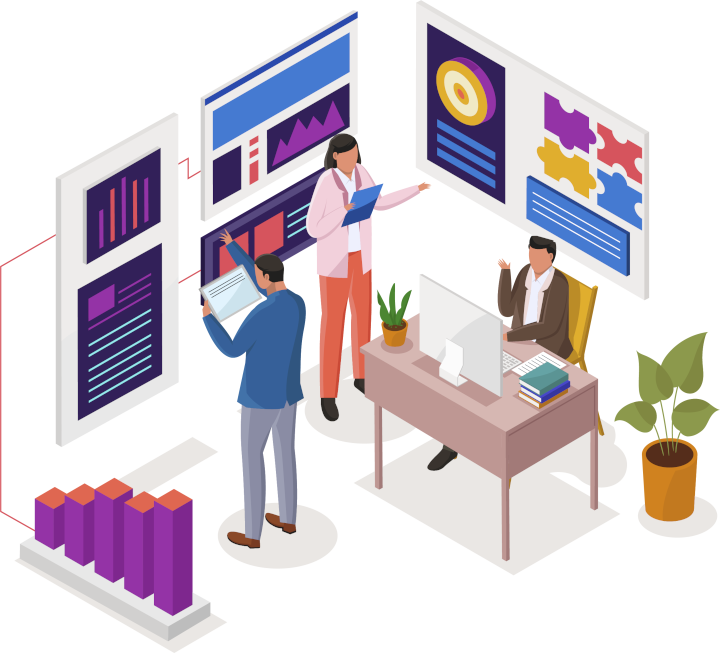
Data Science
Data Science is an interdisciplinary field that combines conventional statistics with the latest computing tools and capabilities to automatically extract insights from data.
There are several key areas of Data Science:

Machine Learning
Teaching a computer to identify patterns and insights in data, as opposed to a human trying to learn those patterns and insights himself or herself. The key benefit is that machine learning solutions automate the process of identifying insights in data, while conventionally, a human would have to pick through each dataset one at a time to accomplish this end. And oftentimes, computers are able to identify patterns that humans would generally miss.
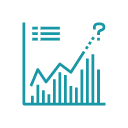
Predictive Analytics
A subfield of machine learning which involves learning patterns from historical data to make informed forecasts of future outcomes. In many circumstances, the advanced algorithmic methods that modern computers enable produce far more accurate predictions than a human making educated guesses on his or her own. If your organization struggles to accurately forecast future outcomes, predictive analytics is for you.
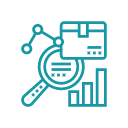
Data Visualization
Presenting data in a visually-appealing and informative graphical format. If you’re bored of plain, old-fashioned pie charts and bar graphs, you’re in luck; data scientists have developed many new and innovative ways to present data graphically, using tools such as Tableau, Power BI, and more.
Big Data
When a dataset is too large to be analyzed using conventional data software such as Excel, data-savvy professionals instead use Big Data tools. These tools are capable of turning billions of rows of data into insights using the methods described above.
The two most commonly-used Big Data tools include:
Hadoop
An open-source parallel computing framework. Parallel computing involves a divide-and-conquer strategy that employs a large number of computers ―called a “computing cluster”― to work on a problem at one time; therefore, as compared to conventional data software, which can only employ one computer at a time to work on a problem, parallel computing solves that problem much faster. Hadoop is an infrastructure through which programmers can gain use of these computing clusters to solve massive data-oriented problems quickly.
Spark
A similar framework to Hadoop, although it works differently from a technical standpoint. Generally, Spark is seen as faster and more user-friendly ―but less secure and less scalable― than Hadoop.
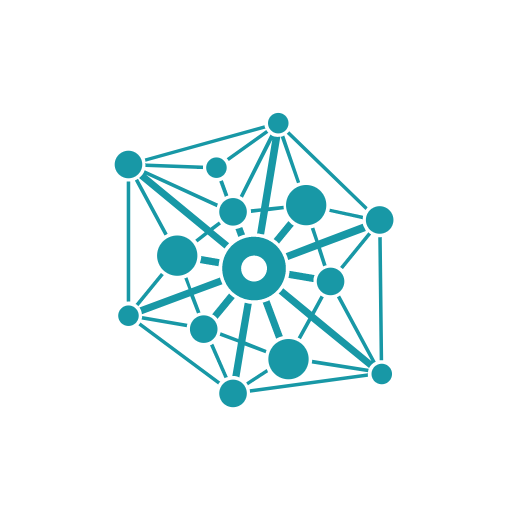
Big Data & API’s
Because of the restrictive size of Big Data datasets, they cannot be stored on an individual computer; rather, they must be stored in a central location and accessed remotely, without ever being stored on the data user’s computer.
To accomplish this goal, Big Data analysts often use an Application Programming Interface (API), which enables the analyst to interact with data stored in another location in real time.
Analysts can also connect with APIs controlled by other apps that your company uses (like CRMs, social media, Google Analytics, POS systems, etc.) to gather your organization’s data and analyze it.
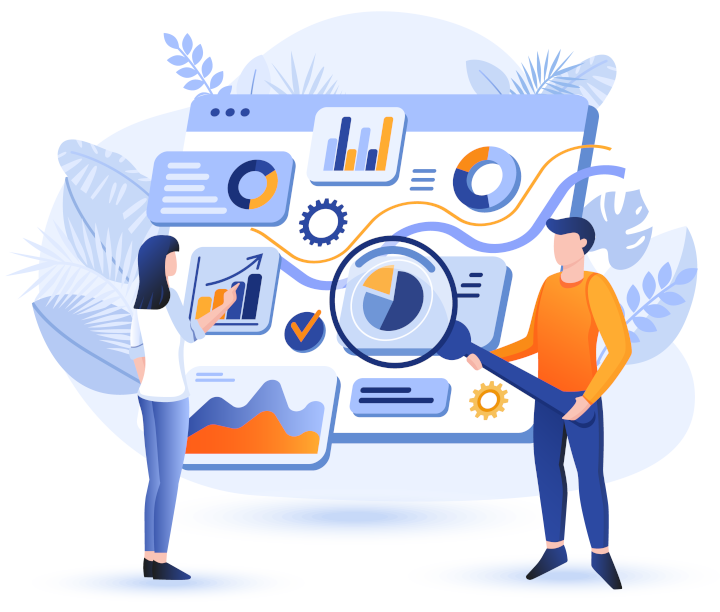
For Your Organization
Are you a marketing firm looking to better analyze your target audience? Or an e-commerce firm looking to predict quarterly sales? Or perhaps you are a real estate investor looking to identify undervalued properties?
The use cases for Data Science are endless. As long as it is possible to record data pertaining to your organization’s work ―and it almost always is― Data Science and/or Big Data services will be of value to you.
Why?
The professionals at Boxplot are experts in the field of Data Science and Big Data, and we’re happy to help organizations at all levels of data-oriented competence.
Because whether or not you see any value in your datasets, the answers to whatever decisional challenges your organization faces lie in the data; with the rarest of exceptions, where there is data, there are insights waiting to be extracted.
Whether you have a well-defined Data Science workflow and are in need of targeted assistance, or if you simply want to discuss an idea for a future data-driven project, contact us today for a consultation.

